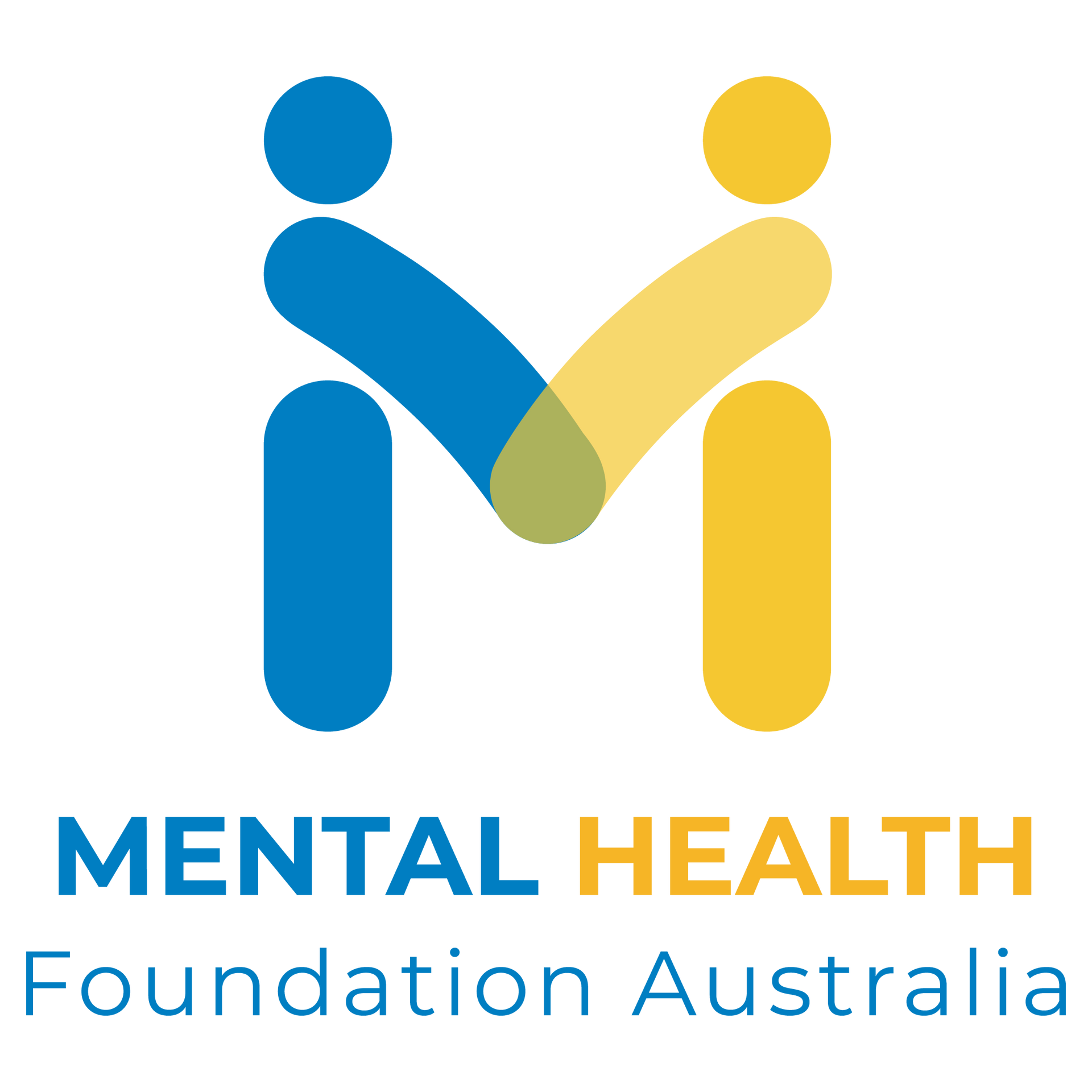Get in touch with us: (03) 8825 3500 / 1300 643 287
Expressing Gratitude: Cultivating Mental Wellbeing
Jun 28, 2023

Have you heard of the saying that “It is only with gratitude that life becomes rich?” In the hustle and bustle of daily life, we often forget to express our gratitude for the blessings and experiences that surround us. However, taking time to express gratitude can have a profound impact on our mental well-being. In this blog post, we will explore the importance of expressing gratitude and how it contributes to our overall mental health and happiness.
Acknowledging the Good and Strengthening Positive Relationships
Expressing gratitude involves actively acknowledging and appreciating the positive aspects of our lives. It encourages us to focus on what we have rather than what we lack. By verbalizing or expressing our gratitude, we create space for positive emotions to flourish. When we express gratitude, we shift our focus from what is lacking to what we already have, nurturing a sense of contentment and happiness. Moreover, gratitude acts as a catalyst for building and nurturing positive relationships. When we express gratitude to others, whether through kind words, gestures, or acts of appreciation, we strengthen the bond between us. It fosters a sense of connection, empathy, and understanding, which contribute to our overall well-being.
Amplifying Positive Emotions and Cultivating Optimism and Resilience
When we express gratitude, we amplify positive emotions within ourselves and those around us. Sharing our appreciation allows us to relive joyful moments and enhances our overall happiness. Moreover, the act of expressing gratitude creates a positive ripple effect, uplifting the spirits of others and fostering a positive atmosphere. Expressing gratitude helps us cultivate an optimistic mindset. By focusing on the positive aspects of our lives, we train our minds to seek out the good, even in challenging situations. This optimistic outlook enables us to develop resilience and navigate through adversity with greater strength and determination.
Reducing Stress and Anxiety While Enhancing Self-Worth
Gratitude has a remarkable ability to reduce stress and anxiety. When we express gratitude, we shift our attention away from worries and negative thoughts, redirecting our focus towards the present moment and the things we appreciate. This practice helps alleviate stress, promotes relaxation, and enhances our overall mental well-being. Expressing gratitude extends beyond others; it also involves acknowledging and appreciating ourselves. By recognizing our strengths, achievements, and the progress we have made, we boost our self-worth and self-esteem. Engaging in self-care practices and expressing gratitude for our bodies, minds, and abilities nurtures a positive self-image and contributes to our mental well-being.
Incorporating Gratitude into Daily Life
Expressing gratitude can be incorporated into our daily routines in various ways. It can be simple as saying “thank you” to someone who has helped us or writing a heartfelt note of appreciation. Journaling about the things we are grateful for, practising gratitude meditations, or engaging in gratitude exercises with loved ones are all effective methods to integrate gratitude into our lives. My favourite gratitude exercise is that every night after dinner, I think of at least one thing that happened during the day that I am grateful for. Sometimes it might be as simple as eating my favourite cheesecake, but these little things matter a lot in keeping ourselves positive and building a healthy mindset.
Cultivating a practice of gratitude has the power to transform our mental well-being. By embracing gratitude, we shift our focus from negativity to positivity, fostering happiness, resilience, and improved mental health. Let's embark on this journey of gratitude and allow its transformative power to enrich our lives, one thankful moment at a time.
By Priya Saikia

By Nithya Viswanathan
•
10 May, 2024
After her friend died, Vicki says she continued to ‘jump into action’ every time someone close to her needed help. That’s when she confessed to compassion fatigue. She felt “weighed down, tired and sad”, she said after taking care of so many loved ones.” “Finally, she rightfully asked herself, “How much more could I do without getting even more tired and sad?”.

07 Apr, 2024
The mind-body connection is the interconnection between your mental and physical well-being. It is a two-way relationship where the mind influences the body; the body influences the mind. For example, we were all told how physical exercise reduces symptoms of depression and anxiety. The reason behind that is that the brain releases chemicals (endorphins and serotonin) known to improve the mood and reduce stress.
By strengthening the connection between the mind and body through a holistic perspective, you can start prioritising your health.

29 Mar, 2024
When the days become shorter and the nights longer and you find yourself sleeping more than usual but still feeling the tiredness in your body; the lack of energy to carry out your usual activities. It all comes down to Seasonal Affective Disorder (most commonly known as SAD). 35% of Australians experience depression during the winter months. Compared to other mental health disorders, SAD is harder to diagnose. It might take you two years of experiencing the same symptoms during a specific season before you get diagnosed with Seasonal Affective Disorder. But what causes SAD? SAD is thought to be caused by shorter days and less daylight shifting the body’s circadian rhythm (it’s body clock), which may trigger chemical change, with the body releasing less hormones such as melatonin (a sleep hormone) and serotonin (a mood hormone), which affects our sleep and mood. How does SAD affect you? SAD symptoms are often characterised by a recurrent seasonal pattern. The symptoms can last about 4-5 months, often starting as mild, and then gradually worsening as the season progresses. But alongside the end of winter, the symptoms come to an end and individuals become completely well again. Losing interest in normal activities Triggering bad eating habits Finding it hard to wake up in the morning. Sleeping too much Feeling tired all the time Lack of energy Some self-care activities include but are not limited to: Going outside Regular exercise Sleep hygiene and sleep patterns Making the environment brighter Talk to trusted ones/ maintain adequate social interactions Take up new hobbies In case the symptoms persist, consider reaching out to these helpful resources: Call 000 See your GP A mental health team and/or psychologist (e.g. at a community health centre) Mental Health Foundation Australia: 1300 643 287 | admin@mhfa.org.au Lifeline Tel: 13 11 14 Kids Helpline Tel: 1800 55 1800 SuicideLine Tel: 1300 651 251 Australian Psychological Society – Find a psychologist service Tel: 1800 333 497 (outside Melbourne) or (03) 8662 3300 (in Melbourne) By Julia Tsang, Natalie Filimon, Brendan Chau
About
Programs
Get Involved
News

The Mental Health Foundation Australia acknowledges the traditional owners of country throughout Australia and their continuing connection to land, sea and community. We pay our respects to them and their cultures and to their elders both past and present.
© 2024
All Rights Reserved | Mental Health Foundation Australia | Registered PBI with ACNC. Charity ABN 81 006 003 363

